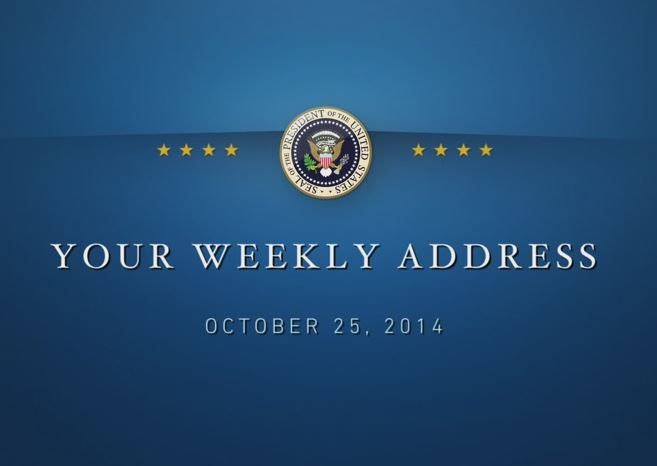| The 1967 Corvair. A non-PHB version |
The sweet perfume of our relationship more than made up for the odor of car exhaust, unsightly blemishes, noisy rattles and rusted floorboards.
Cracking the windows, touches of spray paint, the AM radio volume knob and care where you placed your feet also helped.
It wasn't until courtship turned to relationship that the spouse's true thinking began to manifest itself.
That's why, years later, the PHB was unsurprised by President Obama's disavowal of his you-can-keep-your-health-plan assurances. Substitute Federal minimal essential benefit requirements, narrow networks and unaffordable premiums for spousal safety demands, mocking eye-rolling and intrusive hints about the merits of a new car, and readers should understand the PHB's acquiescence.
So the PHB shrugged off the notification that its life-long American Board of Internal Medicine (ABIM) specialty credential wasn't really a life-long credential.
Enter maintenance of certification or "MOC."
More background can be found here, but, briefly, the sweet perfume of accomplishment was overcome by the MOC stink of intrusive, unproven as well as expensive documentation, education and testing renewal requirements.
Thousands of the PHB's physician colleagues were less submissive about the matter in print and on-line. There were also competitive threats, lawsuits, online petitions, and websites. The American Medical Association weighed in. And then state medical societies, which have a vital interest in serving their membership, began to sound the alarm.
And it paid off.
While the PHB would have predicted that the academics populating the ABIM leadership were about as likely as Mr. Obama or the PHB spouse to change their minds, they've issued a "we got it wrong and sincerely apologize" announcement.
As a result, many of their documentation requirements are on hold, the test is being revamped, fees are being reduced and the education options are being broadened.
Good for the ABIM and good for the practice of internal medicine.
This kind of mea culpa is a good first step in engaging the opposition and is likely to turn many critics into allies. More importantly, this is a great example of the impact of grass roots activism and the advocacy of organized medicine.
If this can happen in this corner health care, perhaps there are other areas of health reform where a well placed apology might be a good first step.
The magnanimous PHB is also happy to admit that, in retrospect, the spouse was right about the Corvair. At one point, highway snow was blowing up into the passenger compartment. At 60 miles an hour. Seriously.
Since then, it has gotten to like and keep lots of other stuff. It makes having to pay so much for its own heath insurance a little more tolerable.
Image from Wikipedia













